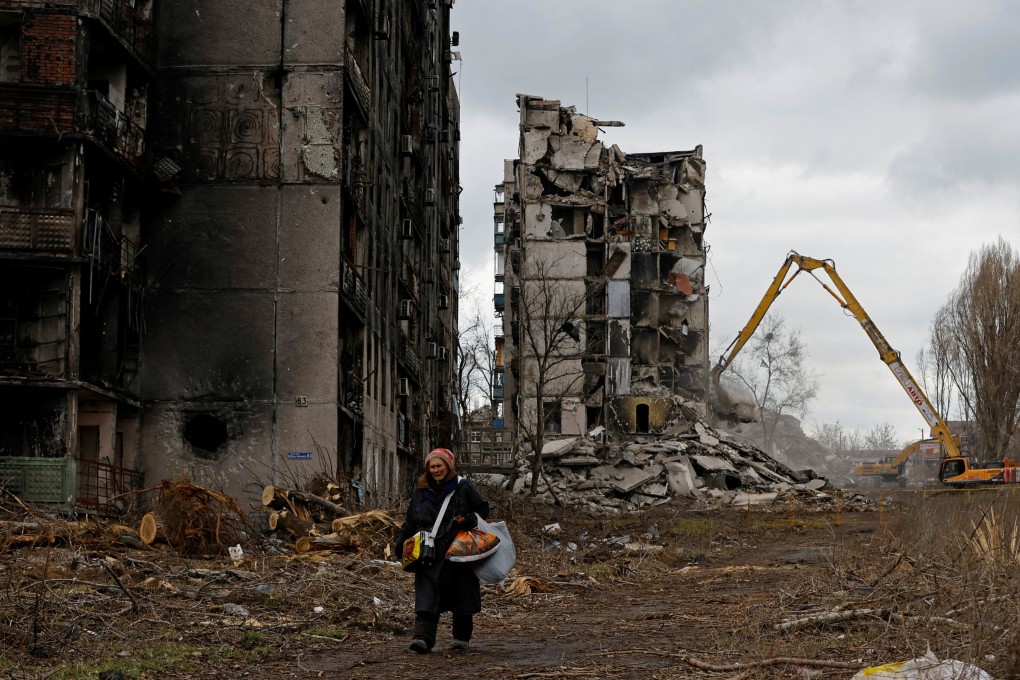Advertisement
Opinion | Ukraine war: time for China to use its influence with Putin to create room for peace
- If China chooses to double down on an uncritical alliance with Russia and supply it with military material, it risks US and EU sanctions
- The better option would be for China to use its leverage and closeness with Russia to broker an end to the war
3-MIN READ3-MIN
25

One year on from the start of Russia’s attack on Ukraine, the pain and suffering mounts. The US’ most senior general estimates that Ukraine has seen in excess of 100,000 soldiers killed and injured, while US and European officials suggest Russia may have suffered close to 200,000 dead or wounded.
A staggering eight million refugees are dispersed across Europe, a number not seen since World War II. Many Ukrainian cities and towns lie in ruin, with the eventual rebuilding cost at least US$349 billion or as much as US$750 billion, and rising. Today a harsh, dangerous, unpredictable cold war is unfolding between the US and its Western allies, and Russia and China.
At this crucial point, China’s leadership has two branching pathways ahead of it, and it is unclear which President Xi Jinping will select, although the signs are modestly positive.
Advertisement
The first road is the most alarming: to double down on an uncritical alliance with Russia.
China can ramp up dual-use exports and other types of material support, including oil and gas imports, and even possibly direct military exports to Russia. The US administration clearly fears this is the option China’s leaders are about to take – hence US Secretary of State Antony Blinken’s warning to China’s top diplomat Wang Yi of the risks associated with such steps. US Treasury Secretary Janet Yellen has underscored this message.
Advertisement
If China’s support shifts to include dual-use and military materials, additional US and European sanctions will be a practical certainty.
Advertisement
Select Voice
Select Speed
1.00x

